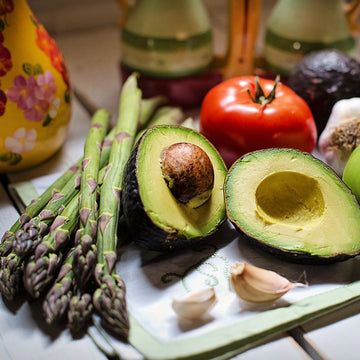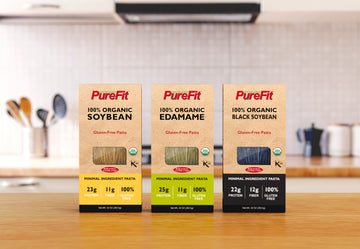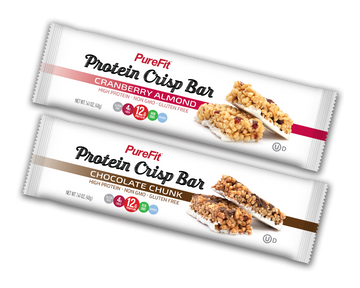
Here at PureFit, we offer delicious and healthy vegan nutrition bars. Do you know the difference between vegetarianism and veganism and that they each have sub-categories? This article demystifies what it means to be a vegan versus a vegetarian.
Navigating and understanding the world of food choices can be an overwhelming experience. At no other time in history have we had such a huge number of categorizations based on the types of foods that are being consumed. One of the most confusing of all to decipher is vegan versus vegetarian. Here are some of the main differences between the two:
Vegetarianism
Vegetarians tend to stick to consuming plants and plant-based products and avoid seafood, poultry, and meat. However, vegetarians do consume eggs and dairy products such as milk, cheese, and curd. Even within vegetarianism, there are several subcategories:
- Lacto-Ovo Vegetarian: Lacto-ovo vegetarians do not eat meat or flesh products. However, they do consume eggs or dairy products.
- Ovo-Vegetarian or Eggetarian: Ovo-vegetarians, otherwise called eggetarians are another subcategory that eats eggs but do not consume meat or any type of dairy product.
- Demi-Vegetarian: Demi-vegetarians tend to avoid meat but consume seafood, poultry and poultry by-products such as eggs.
- Semi-Vegetarian or Flexitarian: Semi-vegetarians or flexitarians follow a primarily vegetarian diet but may on occasion consume seafood, poultry or meat.
- Pollo-Vegetarian: Pollo-vegetarians exclude fish and meat from their diets but otherwise consume poultry, eggs, and dairy foods.
- Pesco-Vegetarian: A pesco-vegetarian is a vegetarian who consumes fish and other types of seafood.
Veganism
Vegans go one step further from vegetarian diets by avoiding the consumption of poultry, seafood, dairy, and any type of product or by-product derived from animals. Like vegetarians, vegans can also be categorized into several sub-types:
- Ethical Vegan: Ethical vegans follow veganism not only as a dietary principle but also as a lifestyle choice. In addition to avoiding the consumption of animal products or by-products, ethical vegans oppose the use of animals for things such as clothing or testing.
- Plant Based Vegan: Plant-based vegan foods are different from regular vegan foods in that the emphasis is on whole plant foods. For example, french fries may be considered ethically vegan but not plant-based vegan as they do not in any shape or form resemble the original plant food.
- Raw Vegan: Raw veganism is a form of plant-based veganism that does not include cooking. Typical raw vegan meals consist of raw vegetables and fruits, nuts and nut pastes, seeds, plant oils, sea vegetables, grain and legume sprouts, herbs, mushrooms, and fresh juices.




